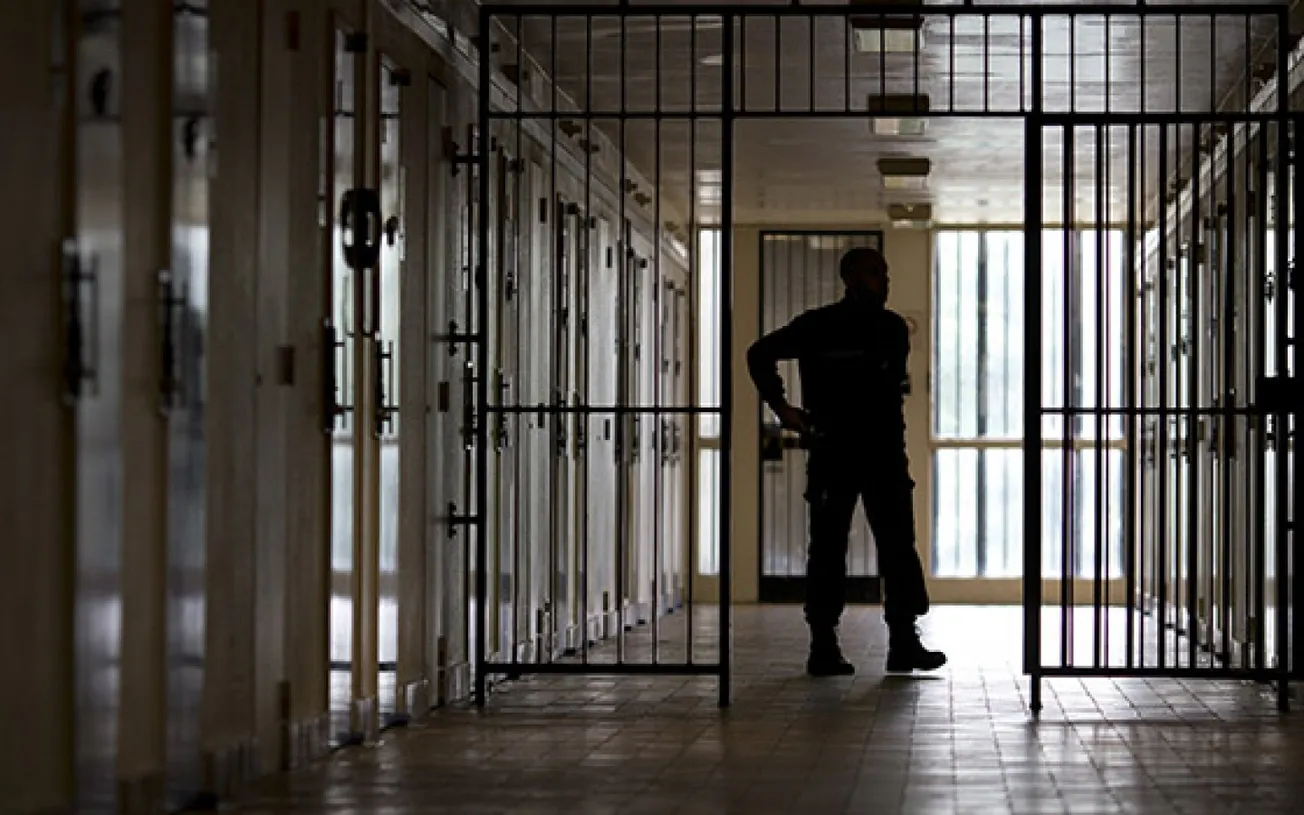Table of Contents
As another round of terror raids in Sydney unfolded recently, a depressingly familiar refrain emerged: “Radicalised in prison”.
The central conceit of the modern criminal justice system is that prison should be all about rehabilitation rather than punishment. Similarly, we are told that our response to growing Islamic extremism ought to be “de-radicalisation” – yet neither seems to be working.
American Ahmad Musa Jibril, now reportedly living in Michigan, was convicted in 2005 on a 42-count indictment charging fraud, tax evasion, and money laundering related crimes. He was released from prison in 2012. Since then, Jibril has become one of America’s leading radicalizers, and is believed to be inspiration for the 2017 London Bridge attack of 2017.
John Walker Lindh offers another relevant and recent case study…by all accounts, the prison system only fueled his radicalization.
investigativeproject.org
In America, Britain and Australia, it is now widely reported that Muslim gangs are “taking control”.
Prison officers at one of Britain’s maximum security jails are losing control to Muslim gangs, according to a confidential report…written by the Prison Service’s Directorate of High Security, [which] says there is an ‘ongoing theme of fear and instability’ among staff at Whitemoor, where just under a third of the 500 prisoners are Muslim.
theguardian.com
These gangs are particularly flexing their muscle by forcing other prisoners to convert to Islam or face violent repercussions. Students of Islamic history will no doubt find this pattern of dhimmification familiar.
Of course, the apologists and hand-wringers claim this as a positive. British soap opera Eastenders is set to feature a character who “finds peace” after converting to Islam in jail. The evidence, however, suggests that too many are finding anything but peace.
Australia’s most secure prison, Supermax is so heavily populated with extremists it is often referred to as “Super Mosque”.
Again, this is a problem repeating itself across the West.
U.K.-based hate preacher Anjem Choudary is another case example worth considering…Released in 2018 to a halfway house, Choudary is now a free man in the U.K. Some news reports say that his old network from al-Muhajiroun is getting back together. Al-Muhajiroun is a militant Salafi jihadist network Choudary co-founded. It has been tied to terrorist attacks in England, including the 2005 transit bombings.
Prior to Choudary’s release, U.K. Prisons Minister Rory Stewart stated that Choudary is “a deeply pernicious, destabilising influence.” Stewart further added, “He is somebody who is a genuinely dangerous person. We will be watching him very carefully.” But in the end, society again is left to deal with another outspoken extremist who will have freedom to inspire other radicals.
And, before too long, another would-be terrorist cell is arrested for planning yet another large-scale atrocity – if we’re lucky. So far, Australia has been extraordinarily lucky that so many potentially devastating terrorist attacks have been thwarted while still in the planning stages. Australian security forces have done an extraordinary job. Yet, in at least one case, pure dumb luck more than anything else is the only thing that prevented a mass-casualty attack.
Meanwhile, the radicalisation continues apparently unabated in our prisons.
[Prison] appears to provide a platform for networking, radicalizing, and even generating an organizational hierarchy in some cases.
In the end, society is left with a well-intentioned system that unfortunately has to release hardened Islamists into a free society. We have to reevaluate what we’re doing with these extremists while they serve their sentences. They’re captive, and their schedule is controllable. It may be time for some hard discussions.
investigativeproject.org
But such discussions would almost certainly be condemned as “Islamophobic”.






